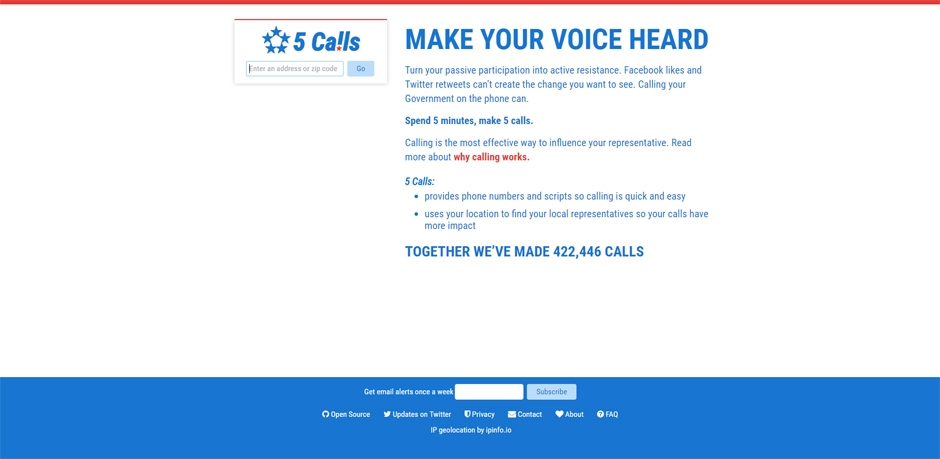

By Zachary Landau | Asst. A&E Editor
What an exciting first three weeks of the new presidency. And by exciting, I mean terrifying for everyone who is not straight, white, male and reasonably financially secure.
Basically, not much has changed.
But, if the status quo is not good enough for you, then don’t worry. There are plenty of resources available for you to figure out what’s going on and how you can make a difference politically.
GovTrack is a fantastic tool to follow bills as they go through Federal legislation. It also tracks individual senators and representatives, the bills they sponsor and their voting history. You can request email notifications about any updates to bills, votes, etc. Not only that, each bill has a handy link that will guide you through the process of calling your representative or senator in order to voice your support or opposition to the bill.
Probably the de facto source for politics, Ballotpedia is a great tool for those more interested in reading a lot more into the issues that matter to them. Let’s say you want to learn about energy policy: Ballotpedia provide maps, stats and a plethora of reading material about every facet of the issue you can imagine, from energy grids to pricing for specific material. Like GovTrack, it also keeps (ridiculously) detailed entries on politicians and elections, all the way from the federal level to local-school-board elections. It’s great.
This website has been on the up and up for awhile, and for good reason. 5 Calls makes it painfully easy to call your congressmen and give them what for. Just enter your zip code, select the issue that is keeping you up at night and a list of five or less offices will be selected for you to call. Conveniently, a script for you to read from is also provided. It’s easy.
So, for example, if you want your representatives to reject Steven Bannon from the National Security Council, just type in 15219, click “Reject the Appointment of Steve Bannon to the National Security Council,” and start calling Rep. Doyle, then Sen. Casey, then Sen. Toomey, then the Senate Committee on Homeland Security. Done.
So why should you call your lawmakers? Well, for one, calling is one of the most effective ways of swaying their opinions (probably second only to going to town halls). Emails and letters are great, too, but lawmakers are usually more impressed by the amounts of phone calls their offices receive than the amount of letters sent.
That is not to say that you must call to get your point across. For those with social anxiety, making a phone call to a friend, let alone your representative’s office, can be stressful. So if you are too anxious to call, write instead; someone will get your message.




